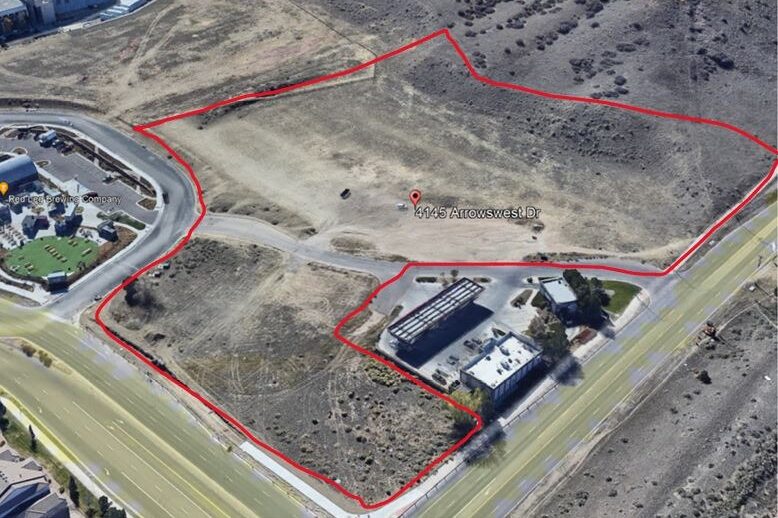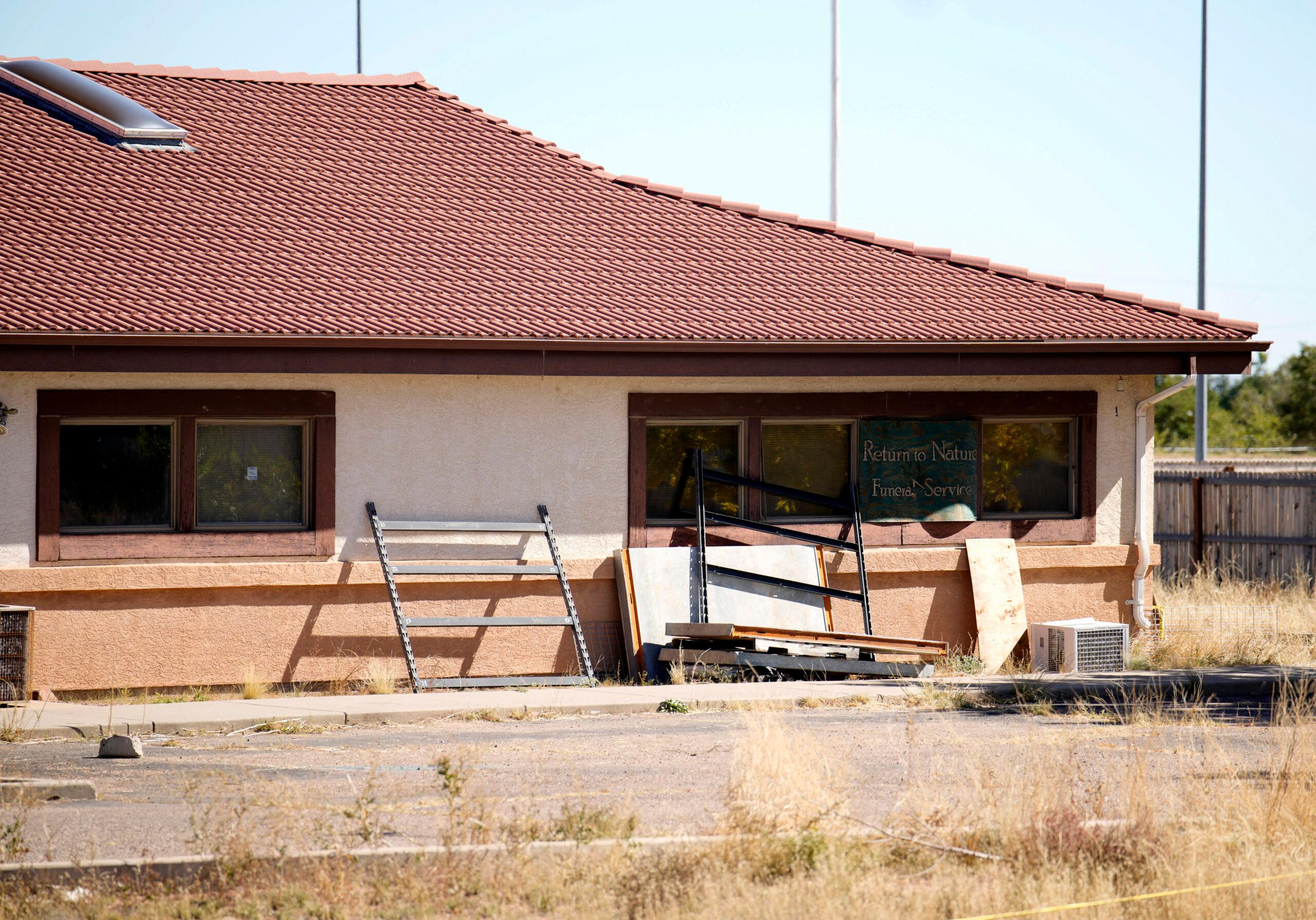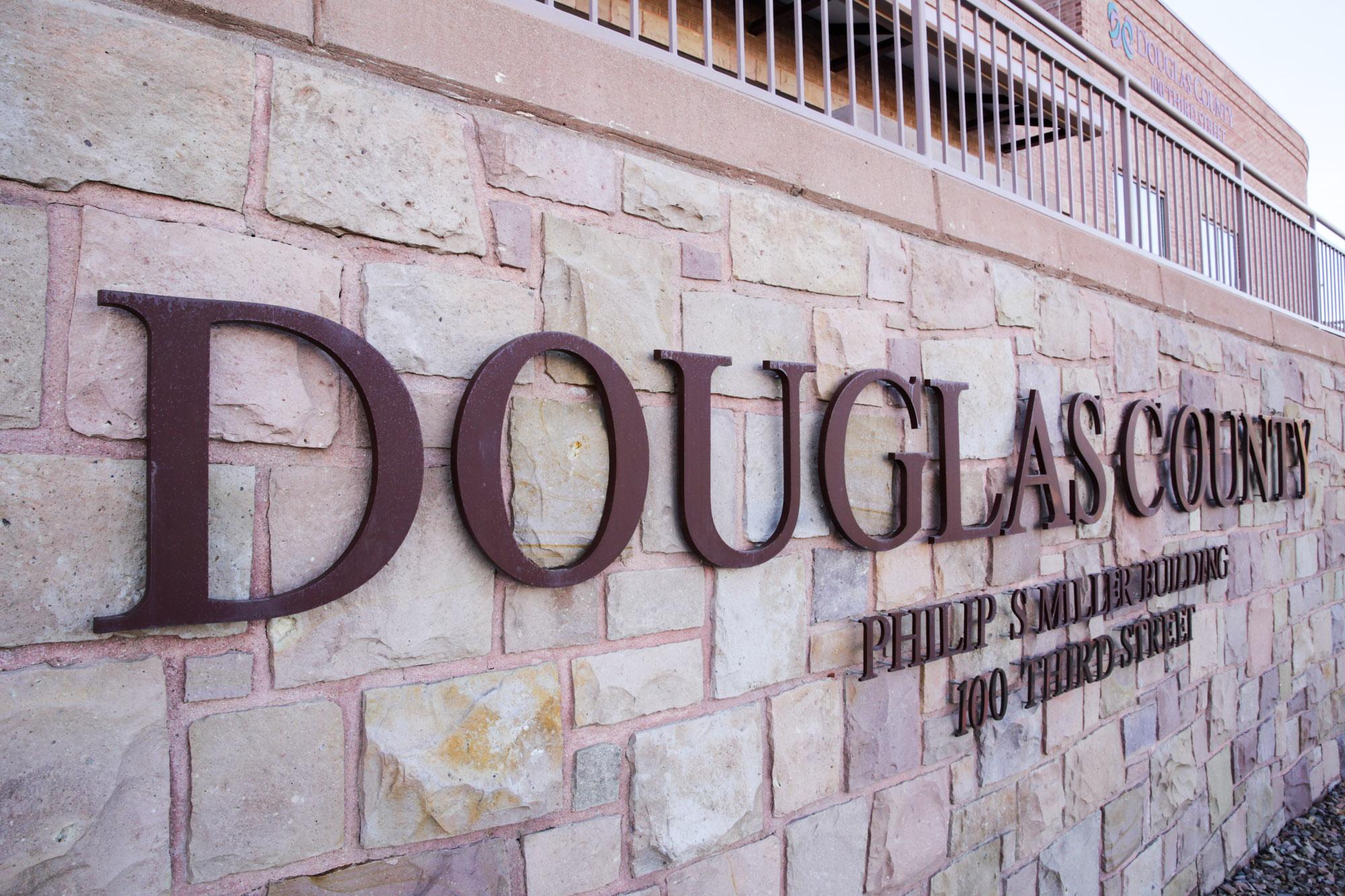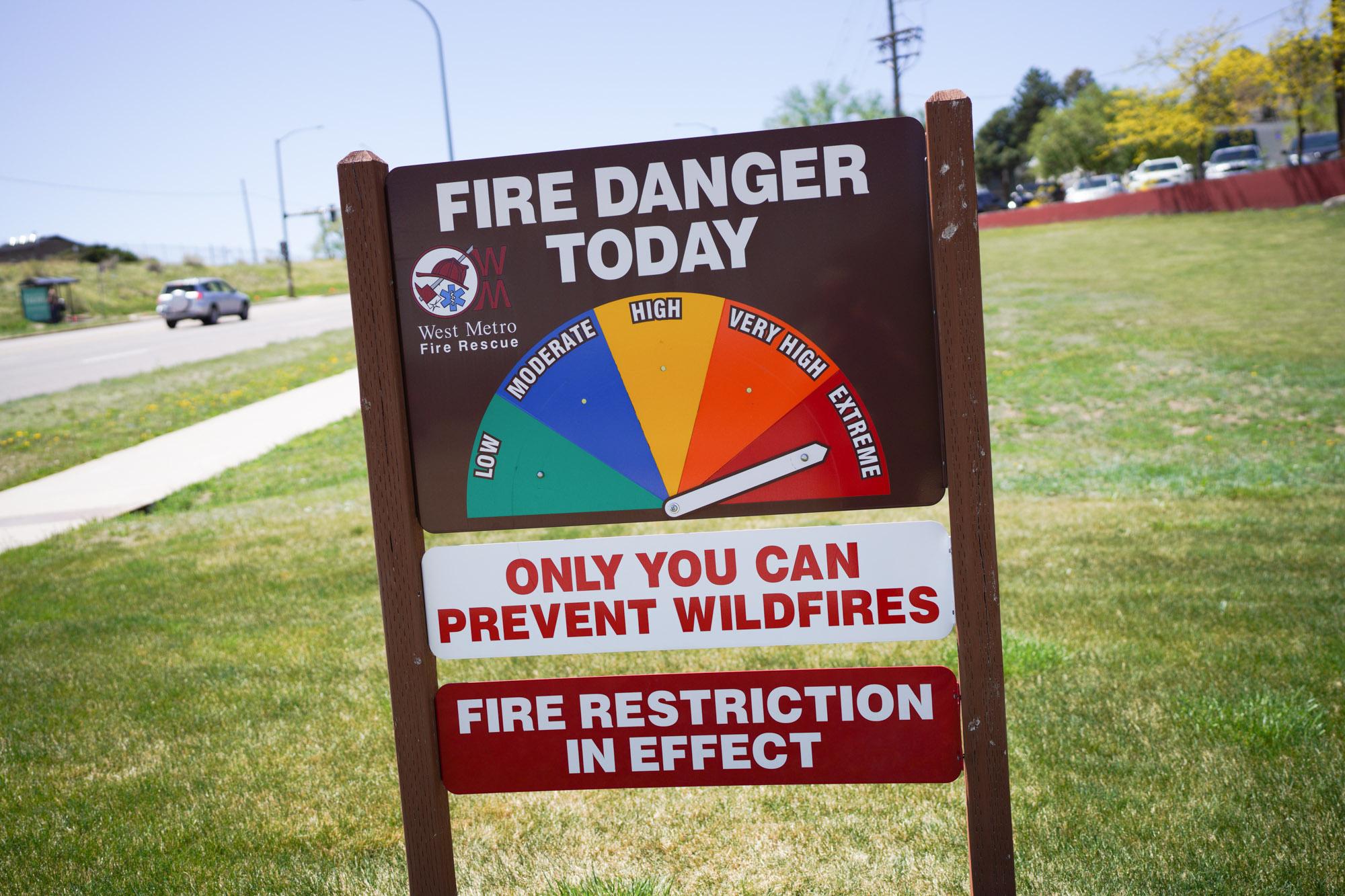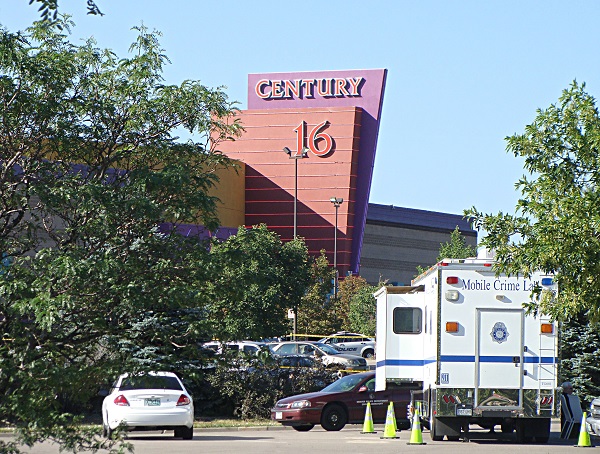
James Holmes listens to the judge at his first court appearance after the July 20, 2012 attack. [File Photo: RJ Sangosti]
Sitting in police custody in the hours after last summer’s attack, accused Aurora theater shooter James Holmes told officers he had acted alone, and he answered questions for nearly an hour about explosives he had rigged to go off in his apartment, all without a defense attorney present.
For the past week and a half, his lawyers have been trying to convince a judge to throw out those statements, along with a lot of other evidence.
It all comes down to a set of warnings that are familiar to any fan of 'Law and Order': "You have the right to remain silent, anything you say can be used against you in a court of law, you have the right to an attorney," etc.
Police are required to read every suspect their Miranda Rights before interrogation; it's a cornerstone of criminal law. But in Holmes’ case, even though he asked for an attorney multiple times, investigators didn’t allow him to see one until long after his arrest, and only after he’d answered detailed questions about the bombs in his apartment. Prosecutors say that lapse was permissible under something called the ‘public safety exception.'
"If police officers have an objectively reasonable belief that either the public or the police are in imminent danger, then they can question the suspect without Miranda warnings being given," explains Karen Steinhauser, a defense attorney and University of Denver law professor.
Holmes' defenders say prosecutors are interpreting the public safety exception too broadly. They say it only applies to split-second crime scene decisions and not to jailhouse interviews. They have presented evidence that, at the same time Holmes was asking for a lawyer, two were trying to reach him - a private attorney hired by his mother and a public defender. They say police prevented both of them from seeing him. If the court agrees that violated Holmes’ rights, more than just his statements are at stake.
According to Steinhauser, that ruling could taint other prosecution evidence, under a legal concept known as 'fruit of the poisonous tree.'
"Not only the statement gets excluded," she explains, "but perhaps other evidence that the police found as a result of the statement that was taken illegally."
In this case, that 'poisoned fruit' could include all the evidence investigators found in Holmes' apartment.
Because Holmes is pleading insanity, his early statements to police are important to prosecutors because they could also be clues to his mental state right after the attack.
"The prosecution wants these statements in," Steinhauser says, "because their argument is going to be that these statements show that the defendant was able to answer questions, understood everything that was going on, and essentially knew right from wrong, and therefore was not insane at the time."
A ruling in this matter could take awhile. This is an area ripe for appeal, so Judge Carlos Samour will likely take his time writing his opinions.
Even if he does decide the statements are off limits, they’re already certain to play a role in the trial. The doctors who performed Holmes’ psychological evaluation got to hear about everything he did and said after his arrest, and that information is now an indelible part of their conclusions.

